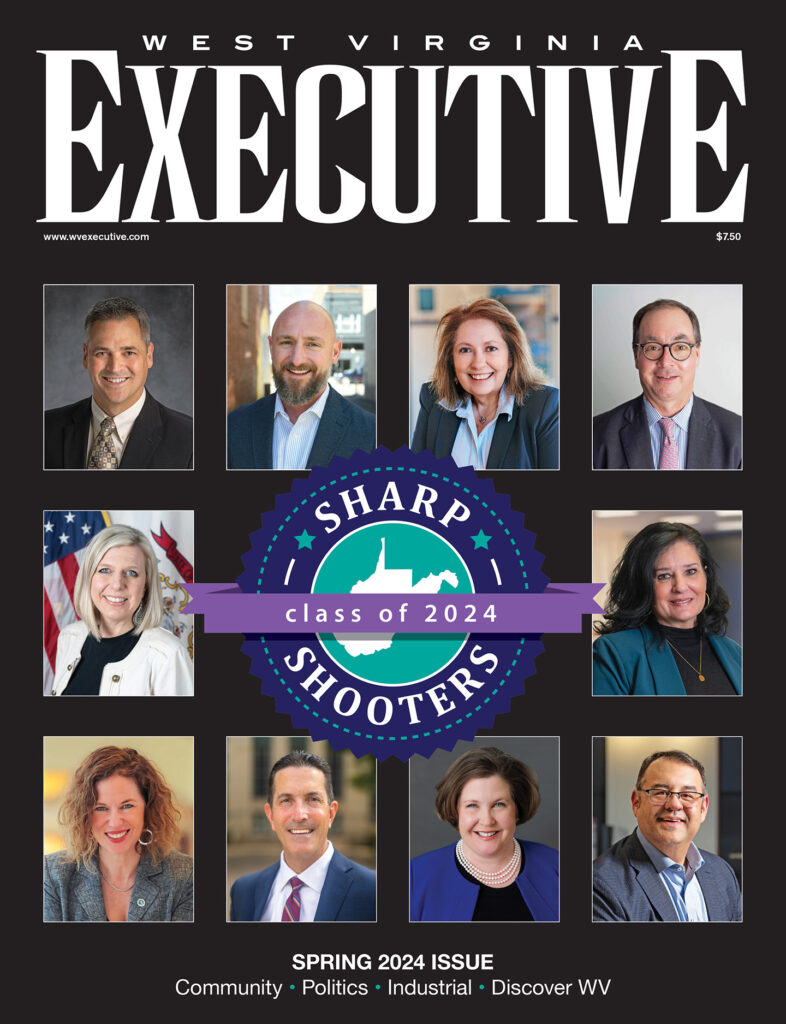By Jill Holliday
 While evolution is always a heated topic, no one can deny the importance of change. For example, consider the evolution of clothing.
While evolution is always a heated topic, no one can deny the importance of change. For example, consider the evolution of clothing.
In the days of the agrarian economy, women would make their clothing from scratch. In the goods-based industrial economy, women would buy a few yards of fabric at the local fabric store and sew their own dresses. In the service economy, many of these women were working outside of the home and ordering their clothes from catalogues, such as J. Crew, or stopping by the local store and purchasing a dress off the rack.
Now, J. Crew has created a very personal stylist. Her name is Erica, and she will keep track of your favorite colors, styles and sizes and suggest items for you. She can help you prepare for a job interview and even dress for a special occasion, and if you call her, she can arrange for your local J. Crew store to open early or stay open late to accommodate your schedule. J. Crew has created a memorable experience for you. Welcome to the experience economy.
J. Crew didn’t raise its prices. As a client, you don’t pay any extra for the personal stylist. Apparently, J. Crew took notice when Entrepreneur magazine listed “great expectations” as one of the predicted trends for small business owners in 2010. Customers are expecting awesome products and exceptional service for the same price. Imagine that. Customer satisfaction is more important than ever, and personalization of products and memory creation are excellent ways to capitalize on this trend.
When we think of memory creation, we think of destinations like Disney World. Chic-fil-A, a chain fast food restaurant, has also embraced the concept of memory creation to create a higher level of customer satisfaction. The restaurant chain hosts family events like daddy-daughter date nights, and some franchises even offer a ride around the parking lot in a limo for the daddy and daughter. It’s not surprising that Chick-fil-A has had 38 years of consecutive sales increases, even while operating on a stricter six-day per week schedule. In fact, its primary free-standing restaurants have been achieving higher sales per unit in those six days than most other major chains. They must be doing something right.
You may be thinking that your business cannot possibly create an experience for a customer, but businesses can’t afford to ignore this change. If your business is not growing and evolving, you will be left behind. Your competitor is reading similar articles and currently brainstorming ways to put you out of business.
Let’s look at West Virginia’s tourism industry as a prime example. In 2010, the state’s tourism industry accounted for $4.27 billion and 44,400 employment positions. Tourists want an experience—that’s why they come here. The types of businesses that serve tourists are lodging facilities, restaurants, retail outlets, gas stations, transportation services and recreation outfitters.
In terms of restaurants, Hard Rock Café and Planet Hollywood are experts at creating experiences for their guests. Another example would be the Italian restaurant that offers a view of the chef tossing pizza dough in the air or offering little trays of pizza dough for the children to create their own pizzas.
Gas stations that stand out because they are not decorated or staffed like every other truck stop have an advantage. Gas stations filled with locally made products showcasing the best of West Virginia offer an experience for travelers. Knowledgeable staff members who can provide phenomenal service are priceless.
Customer service is the best way to differentiate your business, and excellent customer service creates lasting memories for your customers. Examine your clients and identify the top 20 percent based on attitude, annual sales and referrals. Chances are the top 20 percent follows the Pareto Principle, which states that roughly 80 percent of the effects come from 20 percent of the causes, and equates for 80 percent of your revenue. Create a spreadsheet of this top 20 percent and list each client’s name, birthday, interests and regular purchases. Send them a hand-written birthday card—no one does that anymore, and baby boomers who love this kind of thoughtfulness also happen to be one of the most coveted segments in the tourism industry. You can also touch base with them once a month through a newsletter or a phone call to see how things are going, which creates top-of-mind awareness. When they walk in your store a month later, you can pull up their name from your spreadsheet and ask about their new Chihuahua. Suddenly, you care about the individual and whatever it is you sell is no longer a commodity to them. They would go along with your price increases because where else could they get that kind of personal attention?
Harvard Business Review published an article in 1998 predicting the experience economy. In the article, the authors identified four components to create an effective experience: entertainment, education, estheticism and escapism. The richest, most memorable experiences encompass all four components, and when you can hit all four components all the time, like Disney World does, you have hit the bull’s eye.
West Virginia is perfectly positioned to nail all four components. We have numerous forms of entertainment, from outdoor recreation to theatrical events, and these same entertainment venues can just as easily be educational. Our state is also esthetically pleasing. When an individual is preparing to launch down a zip line for a New River Gorge tour, they are fully immersed in the activity and in the environment. They have been taken away from their desk job in the bustling heart of an overcrowded city and are completely surrounded by our wild yet quiet nature. We have evolved to create an experience for a tourist who will continue to sell our state when they return home.
About the Author
 Jill Holliday joined the New River Community and Technical College staff in April 2011 and currently serves as the instructional specialist for Hospitality, Tourism and Entrepreneurship. An entrepreneur who has owned her a consulting firm, Holliday has taught classes on various aspects of business creation for the Women’s Business Center division of the North Carolina Institute of Minority Economic Development. Holliday currently serves on the Beckley-Raleigh Chamber of Commerce Ambassador Committee, the West Virginia Chamber of Commerce Tourism Committee and the Alderson Green Team. She received her bachelor’s degree in interdisciplinary studies for business communication from Concord University and she recently completed a master’s degree in education for assessment and measurement.
Jill Holliday joined the New River Community and Technical College staff in April 2011 and currently serves as the instructional specialist for Hospitality, Tourism and Entrepreneurship. An entrepreneur who has owned her a consulting firm, Holliday has taught classes on various aspects of business creation for the Women’s Business Center division of the North Carolina Institute of Minority Economic Development. Holliday currently serves on the Beckley-Raleigh Chamber of Commerce Ambassador Committee, the West Virginia Chamber of Commerce Tourism Committee and the Alderson Green Team. She received her bachelor’s degree in interdisciplinary studies for business communication from Concord University and she recently completed a master’s degree in education for assessment and measurement.



2 Comments
Nice work, Jill
Couldn’t have said it better myself Jill!